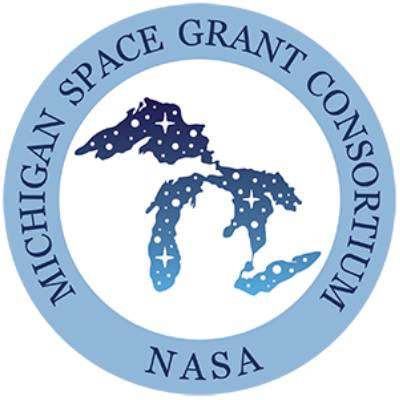MiRCLE
About MiRCLE
"Michigan Resources on Climate and Land Change Education (MiRCLE)" is an educational schoolyard assessment toolkit developed by the CCESN MiRCLE team and sponsored by Michigan Space Grant Consortium in 2020-2023. MIRCLE integrates educational assets from NASA (e.g. NASA Earth Observatory, NASA Climate Change Vital Signs of the Planet, My NASA Data, NASA Wavelength, and the GLOBE Program) and other online resources (Google Earth, I-Trees, Michiganview, EnviroAtlas, and video presentations about climate change solutions in Michigan, and Climate Sisu video stories. Designed as an online teaching and learning community, MIRCLE provides Michigan-specific place-based interdisciplinary resources teachers integrating online materials and hands-on activities with to Michigan Science Standards (MSS) and Social Studies Standards. This interdisciplinary program is relevant for science, social studies, and humanities teachers, interested to explore climate change and land-use changes through the lenses of environmental equity and justice in their communities.

MiRCLE Goals
- Making state and local connections to educational resources from NASA and other national and international programs (e.g. National Climate Assessment, 2018; IPCC Sp. Rep. “Global Warming 1.5, 2018) through the creation of place-based lesson plans addressing climate change, LCLUC, human vulnerability and equity.
- Clear conceptual map linking these resources directly to Michigan Standards, populated with examples of relevant place-based case studies, classroom activities, and high-impact experiential learning practices.
- Free, open access, grade-appropriate, user-friendly online visualization tools and data to illustrate, monitor and model impacts of climate change on human health, economy and livelihoods.
- To engage minority students and teachers and empower communities in our state, who face environmental injustice due to historical disenfranchisement.
Elena Lioubimtseva | MiRCLE Principal Investigator
Sam Bonser | MiRCLE Science Education Specialist
To be redirected to an interactive version of the "MiRCLE Schoolyard Assessment For Climate Resilience" model, either click this icon or the image to the right
MiRCLE is a project of GVSU Climate Change Education Solutions Network (CCESN)


